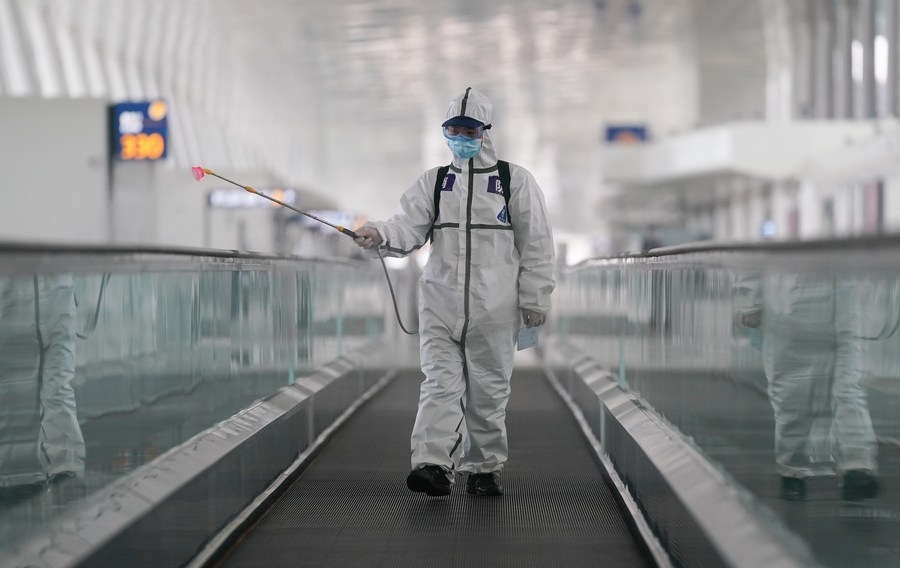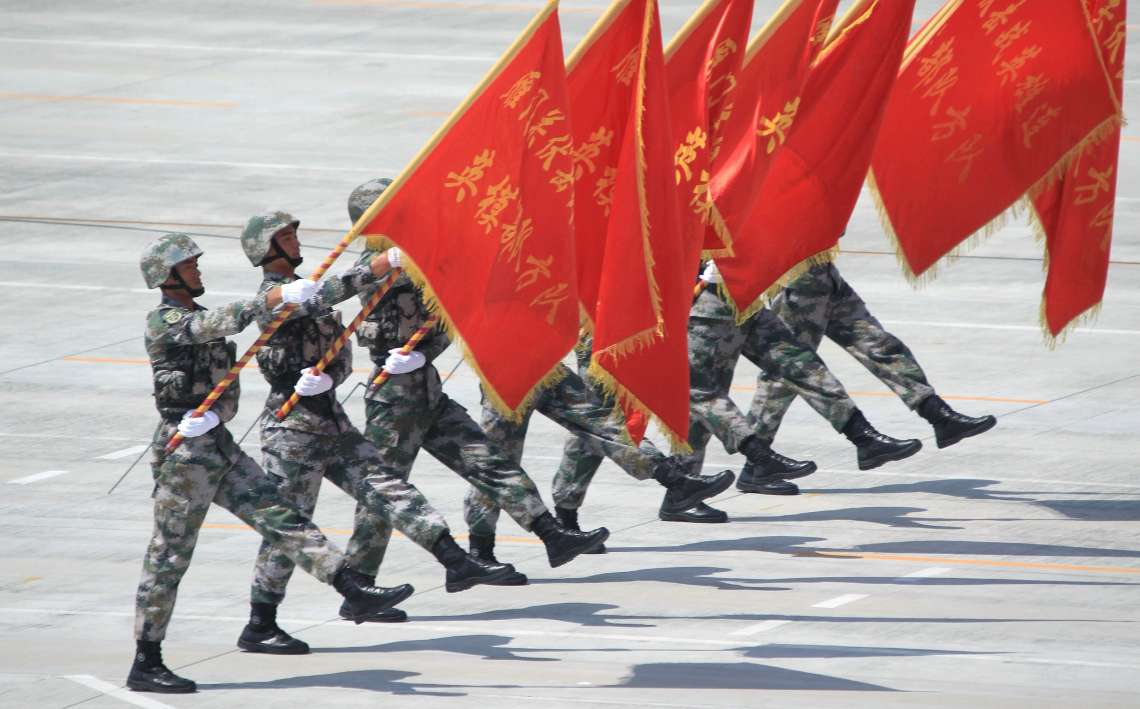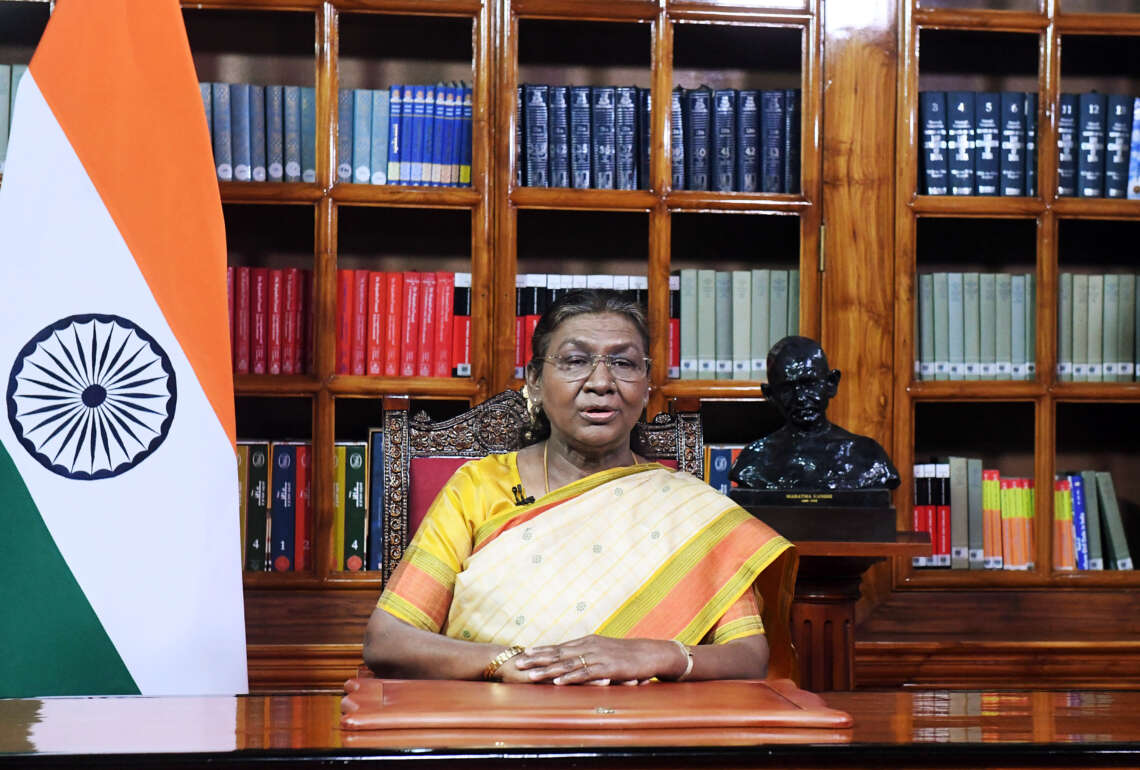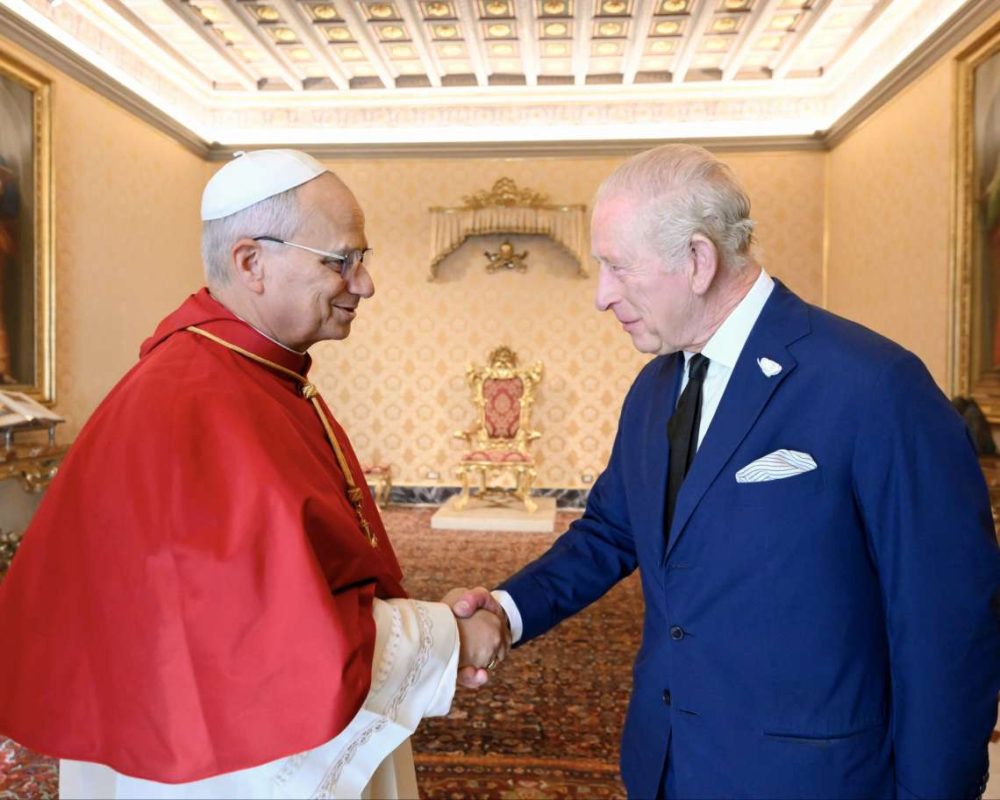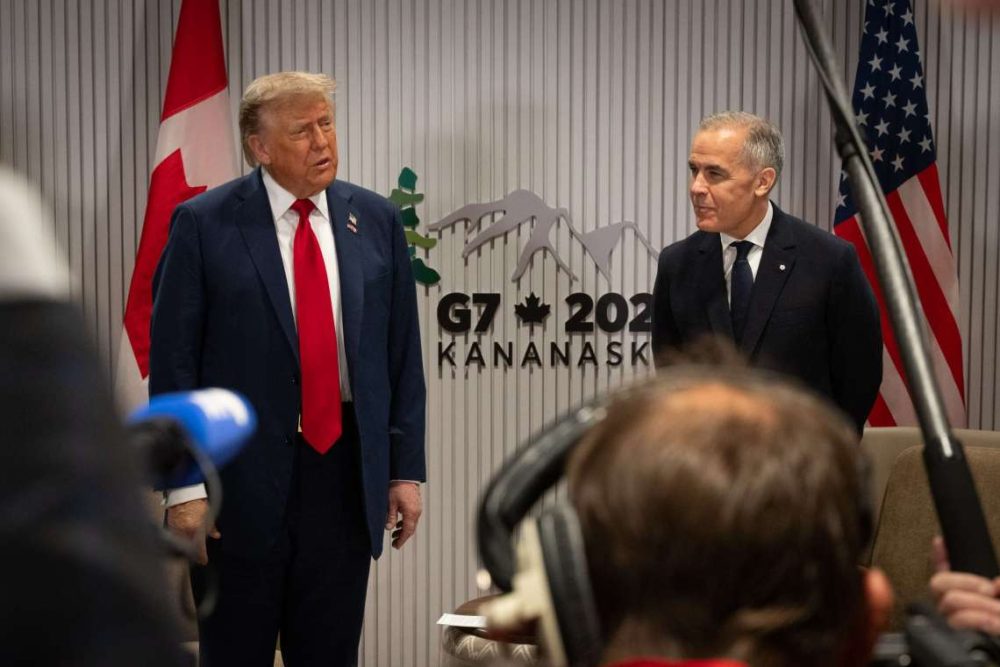China’s slow recovery is further compounded by its ongoing struggles with public health and economic challenges…reports Asian Lite News
China is still grappling with the aftermath of its strict COVID-19 lockdowns, which began in Wuhan and surrounding areas five years ago, according to Radio Free Asia.
When authorities first imposed a travel ban on Wuhan’s 18 million residents in January 2020, it triggered a massive exodus from the city, inadvertently helping to spread the virus across the country and internationally.
The lockdowns soon expanded, and China endured three years of stringent measures, including citywide shutdowns, mass quarantine camps, and mandatory daily COVID-19 tests. During this period, many residents were confined to their homes, unable to work or access medical care, while some were even physically sealed inside their apartments, as reported by Radio Free Asia.
Although restrictions were officially lifted in 2022 following widespread protests, the country is still struggling to recover. According to political analyst Qin Peng, the experience of the Wuhan lockdown prompted authorities to develop more effective methods of controlling public opinion, such as censoring speech, arresting journalists, and manipulating media narratives to shift blame for the crisis.
The government also used these tools to ensure compliance with official narratives and to deflect responsibility for the crisis, often pointing fingers at the United States or attributing the outbreak to natural causes, Radio Free Asia reported.
China’s slow recovery is further compounded by its ongoing struggles with public health and economic challenges.
Despite the end of strict measures, the long-term social and economic scars of the lockdowns remain visible. Businesses continue to face difficulties returning to normal operations, and mental health issues persist across the population.
Additionally, the World Health Organization has urged China to release more data on the origins of the virus, but Beijing has dismissed these calls, raising concerns about transparency in the aftermath of the pandemic, as reported by Radio Free Asia. (ANI)


